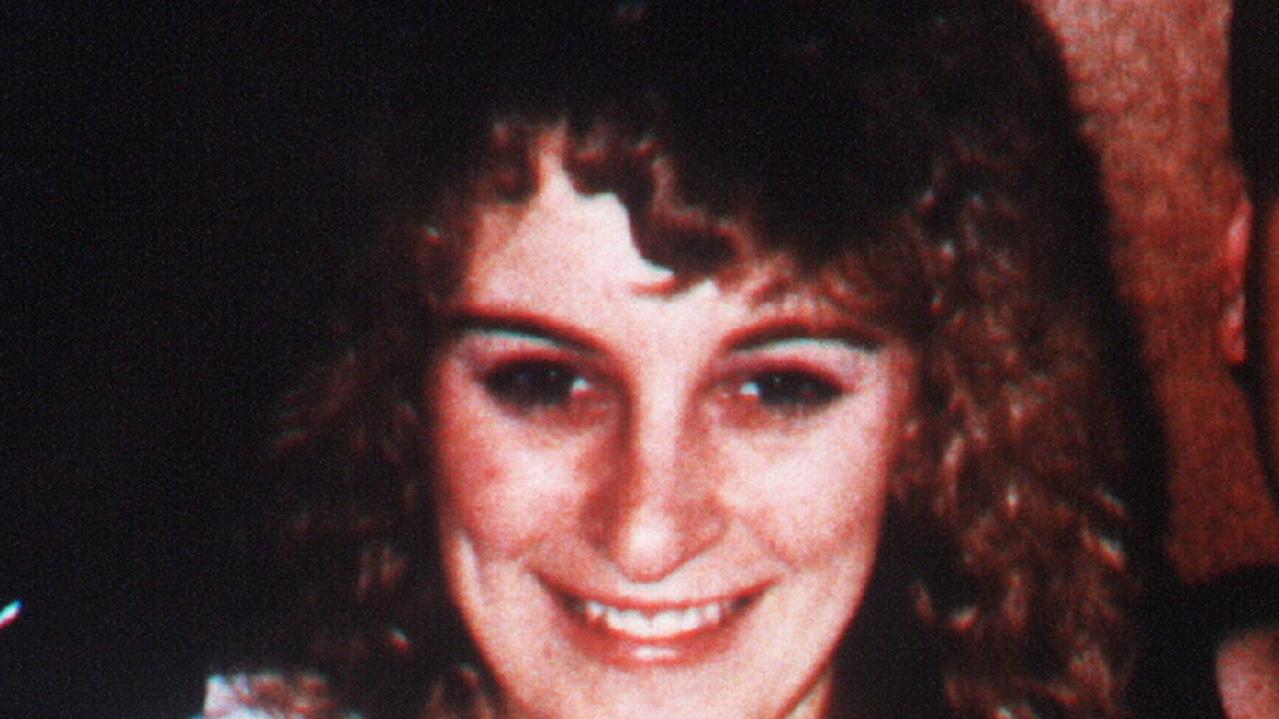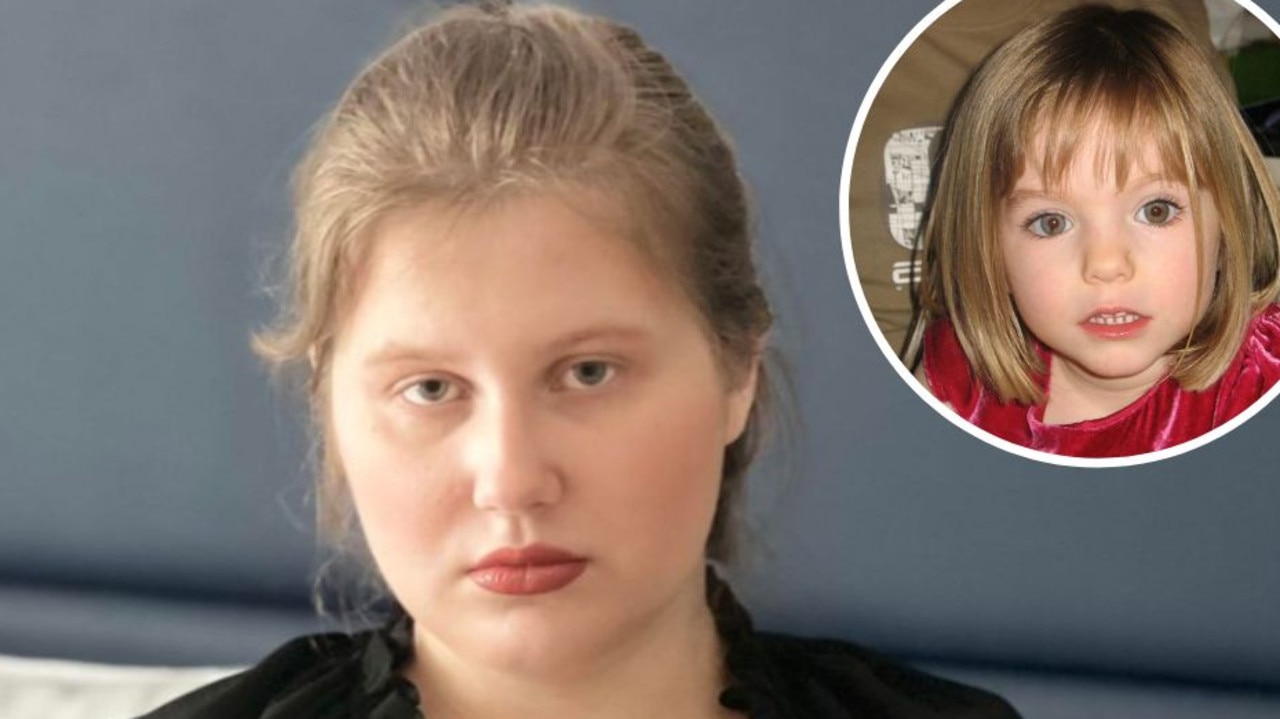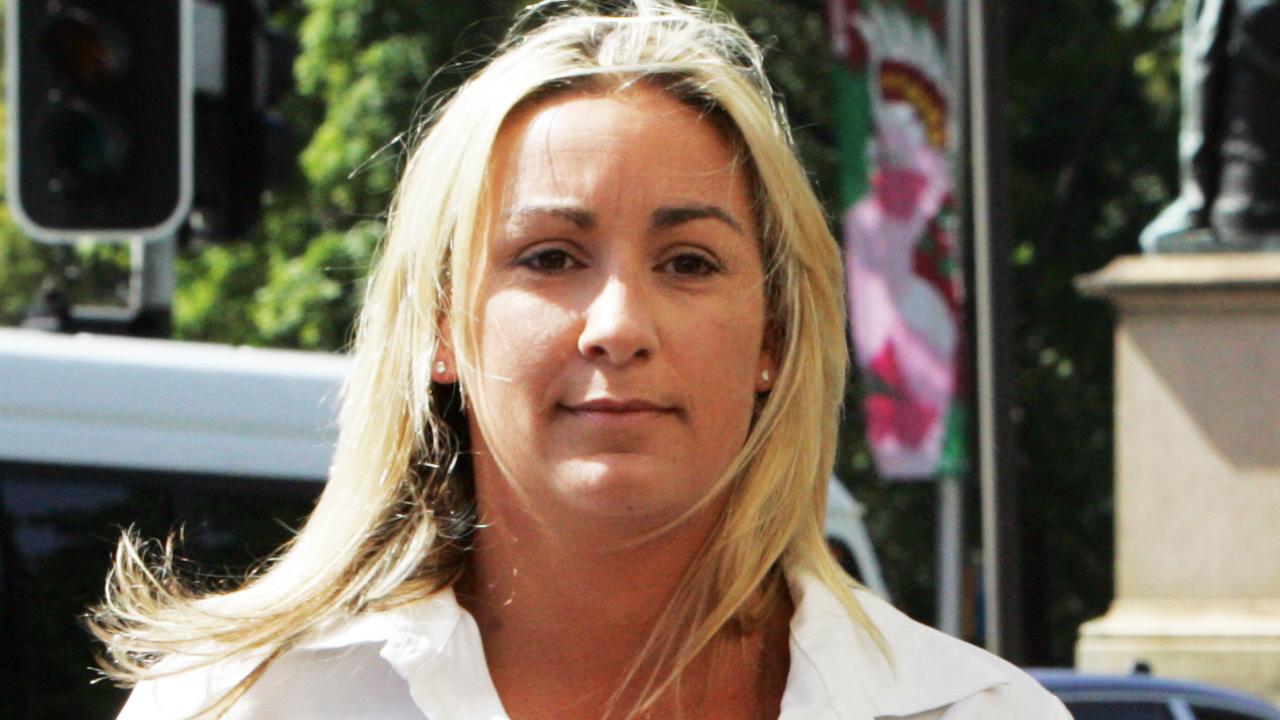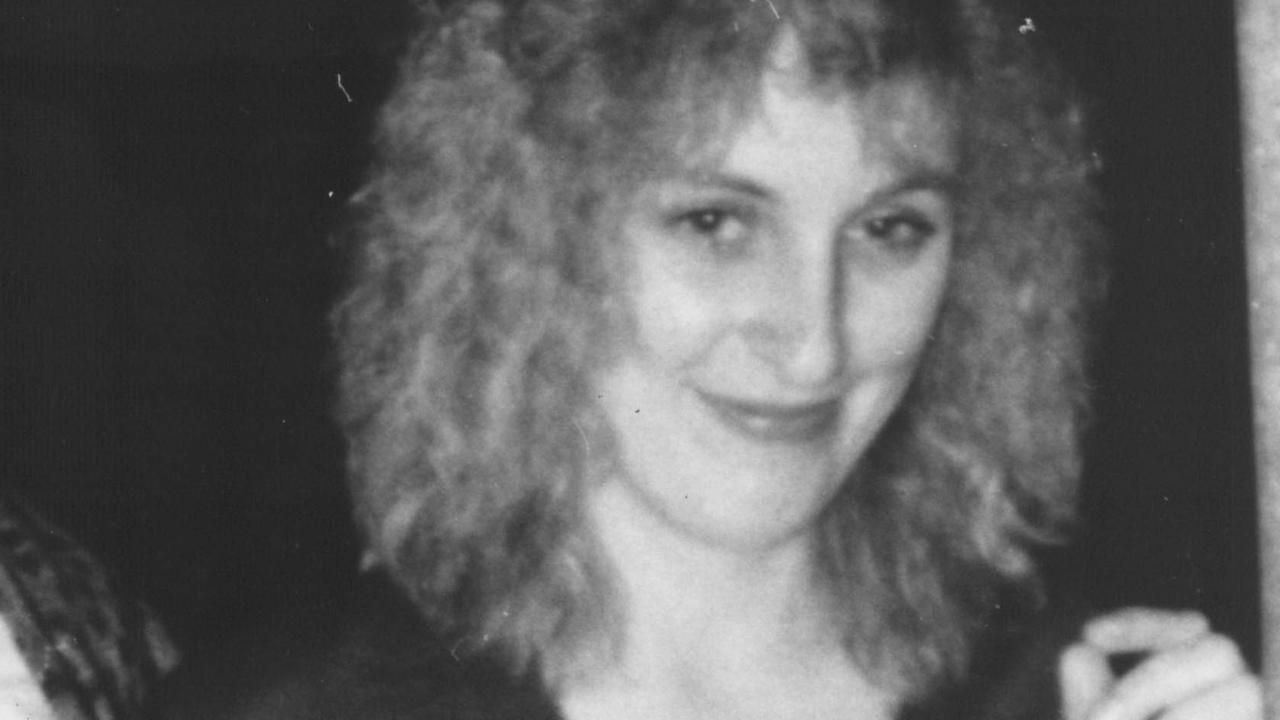How former NSW Police Officer Ben Smith was betrayed by the force he once trusted
Ben Smith was not even in the same postcode as a young girl when she accused him of a string of sexual assaults. This is how his career was destroyed.
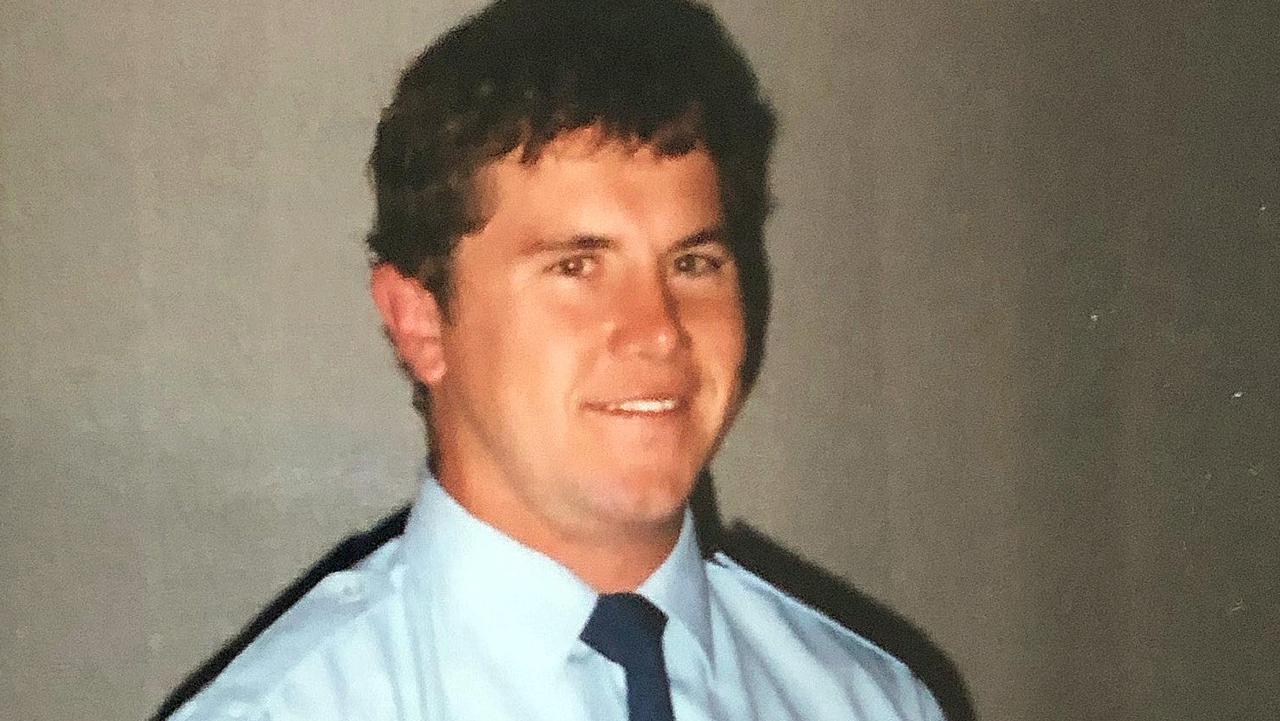
Behind the Scenes
Don't miss out on the headlines from Behind the Scenes. Followed categories will be added to My News.
It began with a troubled, young girl infatuated with a slightly older, rising teenage football star, who was popular, good looking and not short of female attention.
The sports star, Benjamin (Ben) Gregory Smith, viewed the girl as a sort of little sister figure. Nothing more.
He had no idea of her secret obsession with him until nearly 20 years later, when it manifested in claims he had sexually assaulted her.
Smith, now 43, had been a NSW police officer for almost 10 years and had joined the Australian Crime and Intelligence Commission (ACIC) as a covert intelligence officer when the by then, grown woman, walked into his former workplace, and made her claims.
The fallout blew apart his life and career as a law enforcement officer and up until then, his steadfast belief in the justice system.
“I no longer trust the police, even though I was one of them,” said Smith.
“The complaint made was complete and utter rubbish. I thought naturally they (the police) would put the jigsaw puzzle together and I honestly believed that the matter would be withdrawn,” Smith said.
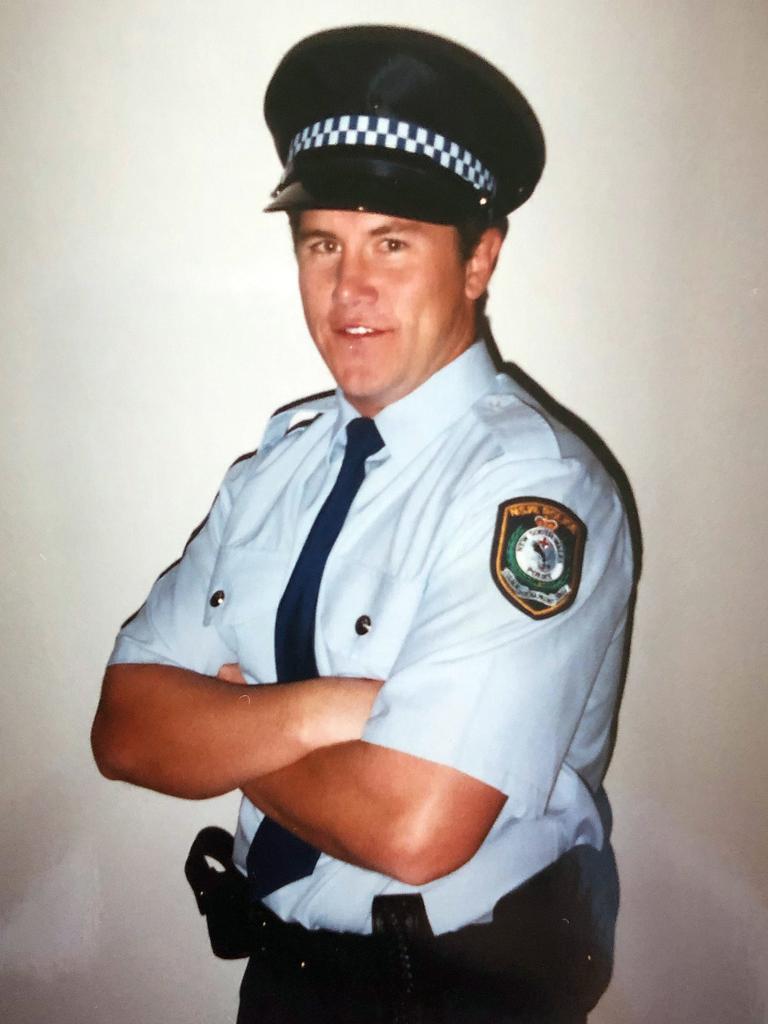
But it wasn’t. From that awful moment it took more than three years and two trials, which cost the better part of his family home to finance, for Smith to finally be acquitted of all 14 charges.
The first trial in ended with a hung jury. The second in came in with a unanimous jury verdict of not guilty. While being found innocent brought Smith great relief, the father of three says it did not bring him closure.
That, he says, would only come if action were taken against the detectives involved in the failed prosecution.
“Until people like this are held accountable and made an example of, things like my case will continue to poison and clog our justice system,” he said.
The torturous road to being found innocent laid bare what Smith and his criminal lawyer Danny Eid argue were conflicts of interest and misleading evidence.
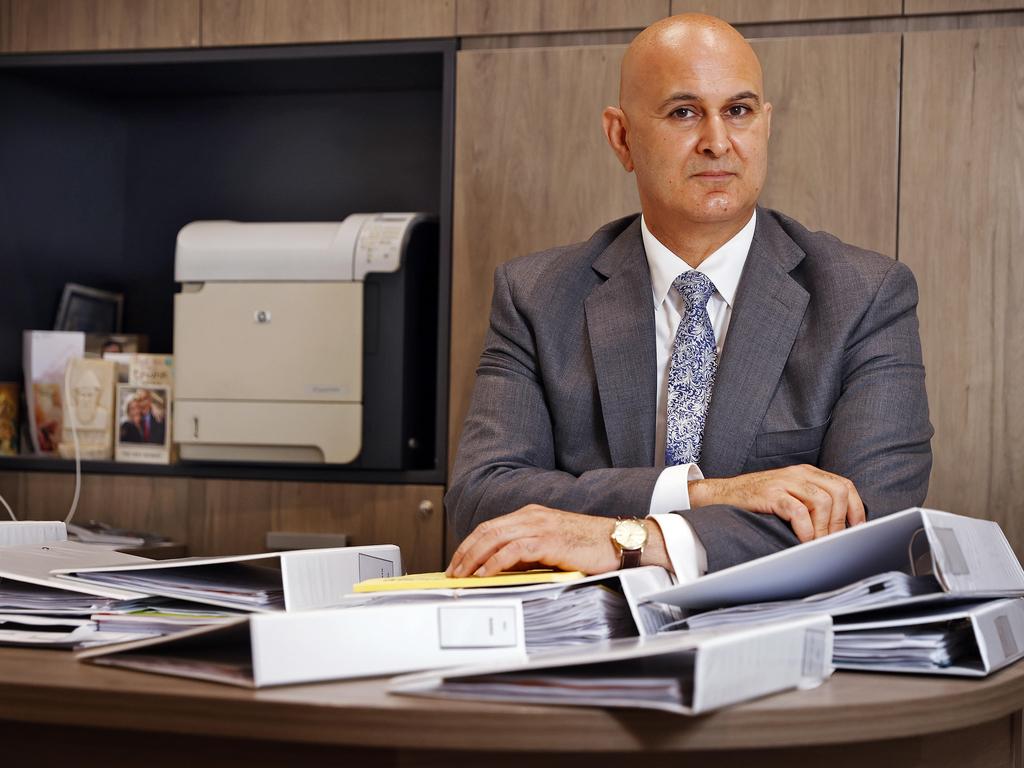
The two trials revealed, Smith and Eid argue, the investigating detectives had not disclosed exculpatory evidence that negated the woman’s allegations, had not undertaken a proper investigation and had lied about evidence from material witnesses.
“I still to this day believe that they jumped the gun way too early and or were forced to lock me up by a senior police officer,” Smith said.
Mr Eid is adamant if police had done their job properly in the first place, Smith would never have been charged.
But Smith’s ordeal is not over. His attempts to raise complaints with the police watchdog, the Law Enforcement Conduct Commission (LECC), about the conduct of the detectives have become nothing more than a Catch 22 situation.
His complaint in March 2021 was referred back to the same police command he was complaining about - to investigate themselves. The police declined to investigate a number of complaints and found the others were not substantiated.
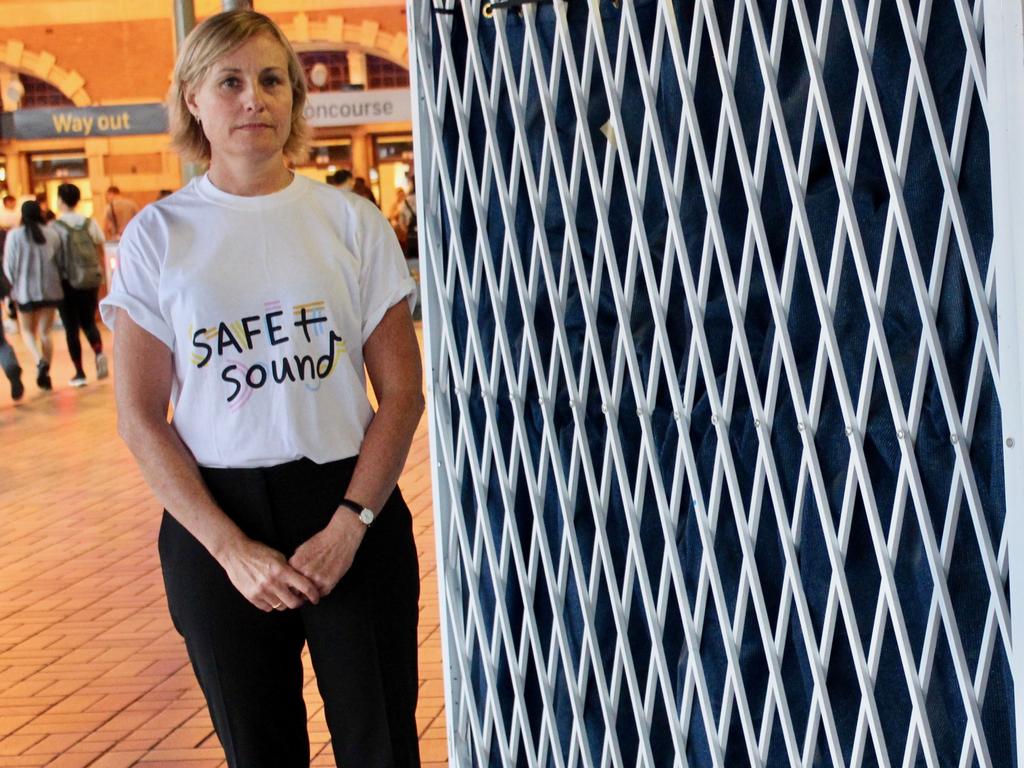
The failure of police complaint processes has been the subject of widespread criticism recently.
Samantha Lee, the head of Redfern Legal Centre’s police accountability practice has said the complaints system is failing to provide just outcomes and is perpetuating “an insidious culture of impunity among police.”
Gregor Husper, the principal lawyer for the Inner Melbourne Community Legal Police Accountability Project said the lessons for police investigating colleagues are universal.
“The Police Accountability Project has long advocated about the failings of police investigating themselves, and the resultant lack of accountability and risks of police impunity,” said Mr Husper.
“Misconduct needs to be independently investigated by a body like a Police Ombudsman, otherwise rogue behaviour by police will never be addressed.”
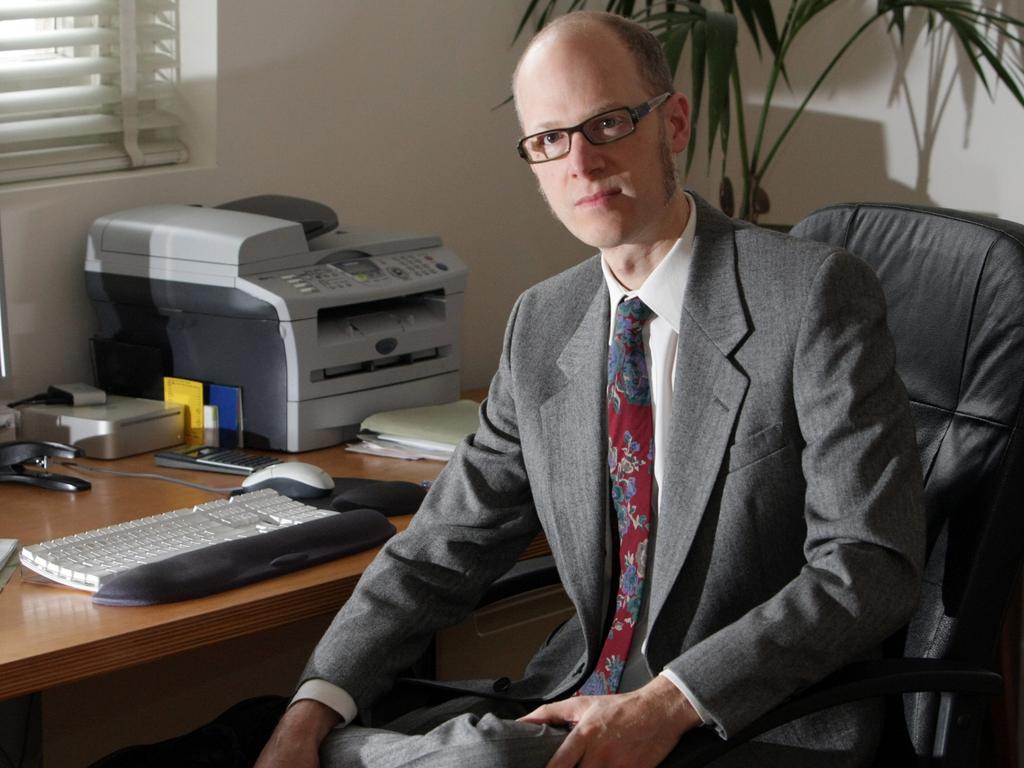
THE COMPLAINT
It is hard to imagine that police could get it so wrong, but right from the get go there were glaring problems with the allegations of sexual assault against Smith.
Senior law enforcement officials openly comment there is a current culture of prosecuting all sex assault allegations and letting the accused beat it - for fear of being criticised publicly for not doing enough.
Barrister Greg Barns SC, the National Justice Spokesman for the Australian Lawyers Alliance, agrees and said the case is an illustration of a trend which has gone from one extreme to the other.
“The police have gone from too readily disbelieving female complainants, to the other extreme where cases are often put up with inadequate forensic investigation, and that is not helpful to anyone, said Mr Barnes.

The detectives charged Smith in December 2016 without conducting prudent cursory investigative background checks of the woan’s allegations, according to Mr Eid.
The detectives did not interview Smith before he was charged. They also failed to take a statement from the only “eye witness” nominated by the complainant before charging Smith.
If they had, the police would have discovered the eyewitness instead of corroborating her allegations - actually negated the woman’s claims, Mr Eid believes.
The detective on the case also failed to interview a second witness who could have given important information about the woman at the time she alleged she was sexually assaulted.
If the police had bothered to check the dates the woman said he assaulted her, they would have found Smith was not even the same postcode at the time.
At least seven of the 14 offences she accused him of were at a time he was suffering from a broken leg and Medicare records proved he was hundreds of miles away.
At this point, Smith said they should have been critically assessing the complaint.
“Our job as police is not to run cases with no evidence, Smith said.
“It was sickening to think that the police and the local area command that I worked at could attempt to create a narrative, rather than a search for the truth and the facts, to try and have me convicted of something I did not do.”
TIMING OF THE COMPLAINT
Smith’s wife Amy, believes the complaint was triggered by a happy snap photo of Smith, with one of the complainant’s siblings and another friend.
Smith and the complainant’s brother had been good friends for many years. As Amy says that should count for something.
“Who would continue being friends with someone you believe sexually assaulted your sister?”
That photo, which made it into evidence in both the trials, was posted on social media just days before the woman made her allegations.
Amy was the one that took the photo. She can’t prove the picture was the trigger for the complaints, but it is a cold, persistent feeling in her gut she can’t shake.
“It still makes me feel sick to look at It.” she said.
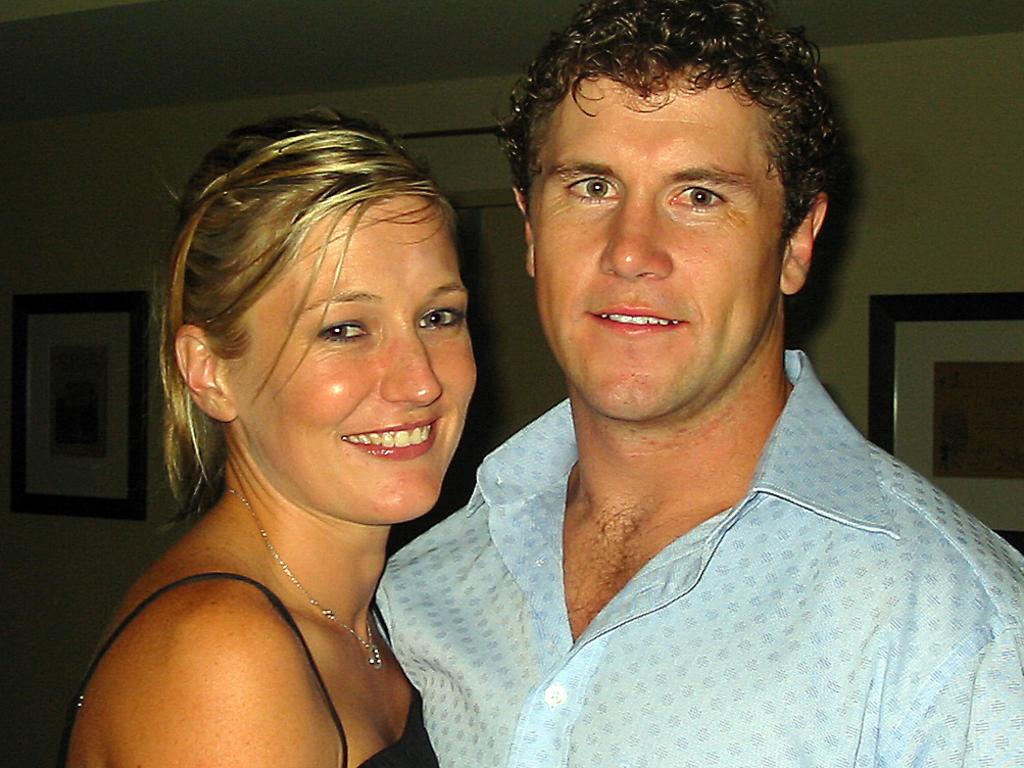
THE ARREST
Even the circumstances of Smith’s arrest appear disproportionate.
He had been off duty when he received an unusual call from the ACIC state manager to come to work. He arrived to find a room full of cops who arrested him in front of his colleagues.
After his arrest, Smith said he was held - bail refused for 27 and a half hour hours - in a cell before appearing in front of a magistrate who rejected the police argument to keep him locked up. He was released but with daily reporting conditions to his local police station.
Smith was not a flight risk, he had a good federal government job, a wife and three kids and strong family ties in Sydney.
“The way they went about it was so aggressive and so incredibly unnecessary I was so shocked,” said Smith.
“I did have a falling out with the boss of the police station where I worked (the same station that was investigating the sex charges) before I left to go to the ACIC. Whether that is significant in all this, I just don’t know…”
The first Amy knew that Smith had been arrested was when she received a phone call from an officer at a Sydney inner city station.
“I knew Ben was rushing to get work that day for a meeting. I knew he was edgy about it.”
Amy still breaks down in tears when she recalls that moment.
“I thought they were ringing to say, he had been killed in a car accident,” she sobbed.
“We had no inkling that this was going to happen. Not in the slightest,” said Amy.

THE TRIAL
Both Smith and Amy kept expecting and hoping the charges would be dropped.
They say it was distressing and frustrating knowing when police finally got evidence that supported Smith, that information was being ignored.
Then, during the first trial which ended with a hung jury, the defence said the complainant admitted lying on oath under cross-examination about the conduct she alleged happened in one of the alleged offences.
A spokeswoman for the DPP said a review of the evidence from the trial determined it did not support a charge of giving of false evidence by the complainant.
The DPP then pushed on with a second trial.
During the two trials the prosecution did not call the “eye witness” to give evidence.
It was not until Smith’s defence team called the eyewitness that the extent of the failures and inadequacies of the police investigation became public.
The eye witness’s version, according to Smith and Eid, negated what the woman had alleged.
The DPP spokeswoman said “on the Crown case he (the eyewitness) was a witness to a single interaction between the complainant and Mr Smith - which was not a charge on the indictment.
“...(he) was called as a defence witness in the first trial and denied that this interaction occurred. This did not “negate the allegations” as contained in the indictment,” she said.
Smith also said a statement tendered to the court from the detective said the witness had refused to give a statement. But the witness said that wasn’t the case. He told the court police had not asked him or offered in way for him to make a statement. The witness told the court the police never contacted him again.
The same detective gave differing accounts of whether he took notes of the interactions with the eye witness during the two trials.
The detective was challenged about giving false evidence by Eid outside the court, and when it was raised with the Crown Prosecutor, the detective was recalled and given the opportunity to correct his evidence.
It was also during the trials the court heard evidence that the woman complainant had been infatuated with Smith.
Some of the woman’s own friends called to give evidence told the court she had a crush on Smith and how she had talked about how “hot” he was.
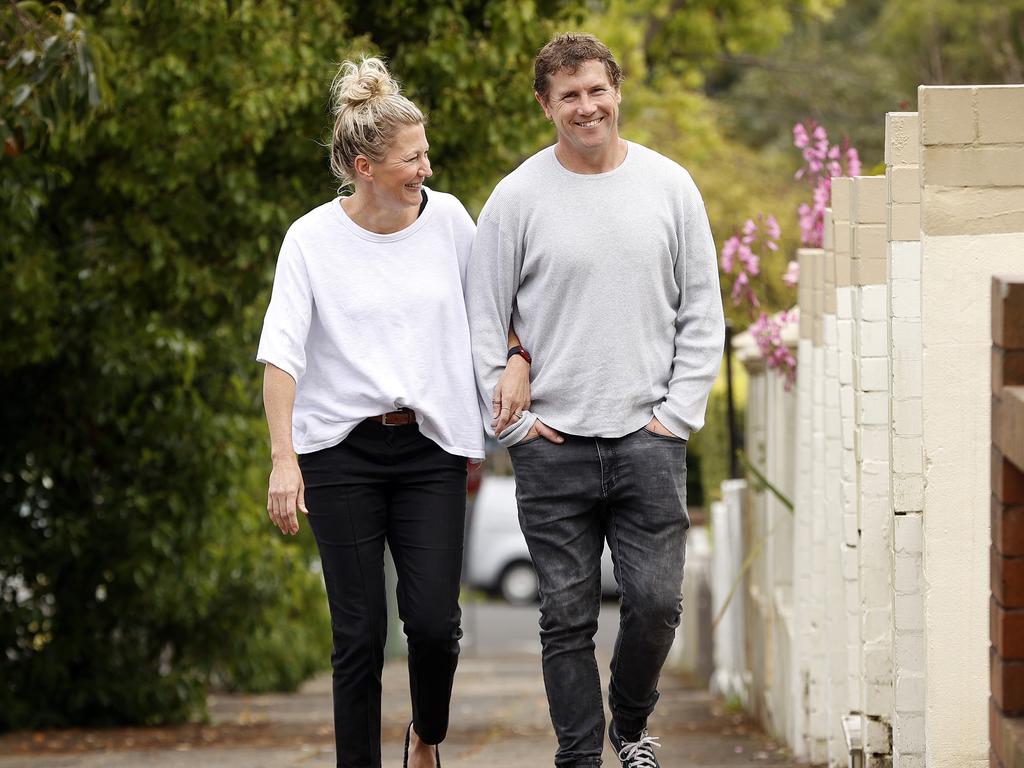
THE FALLOUT
Smith said the toll on his family has been enormous.
“Mental, financial, disrupted routines, the lack of support from work, paranoia and ultimately the embarrassment from this attack on me without the ability to defend myself.”
“What is just awful is the lack of support I got from my employer and friends who are in law enforcement.
“The agency I worked with, wanted to distance themselves from me in fear of public criticism and friends who work in the industry were all very quick to tell me that they didn’t want to know anything until it is all over.
Amy says they were once a police family with a wide circle of friends. But that has all changed.
Amy says they have been quite open about what has happened to them and when she tells people , they are shocked and ask how this can happen?
“Now I raise my children differently because of what has happened,” Amy said.
“They (the children) ask me should they talk to police if they are asked. They know to ask the police if they are under arrest and if the answer is no, then they walk on and don’t speak to them.”
OFFICIAL COMPLAINT
Smith made a seven-page complaint to the police watchdog in March 2021 and asked that his complaint be independently investigated and not given to the same police area command to investigate themselves.
But that is exactly what happened. The LECC referred it back to NSW Police and did recommend it not be given to the same command– but that was ignored by NSW Police.
After more than a year, the police wrote to Smith telling him they assessed his complaints and had declined to investigate under Section 132 which gives them “the discretion to decline to investigate a complaint under certain circumstances.”
The request to investigate the withholding/suppressing evidence was declined.
His complaint about the detective’s evidence to the court was not sustained, the police said, because the presiding judge had not made any adverse comments, the DPP had not complained, and it was the DPP who identified which witnesses were to be called.
A media spokeswoman for NSW Police following an internal investigation, said there were no sustained findings of misconduct.
“The NSW Police Force treats all reports of sexual assault seriously and legal action is taken where evidence supports charges.”
A media spokesman for the LECC said police commands are responsible for conducting their own internal investigations and while the LECC can recommend a different command do the investigation, police are not obliged to do it.
The outcome has infuriated Smith and Amy.
“I am appalled…In my case we have a complainant, witnesses and a detective who have provided false evidence.” Smith said.
Amy said the only path left to them is to tell their story and for them it is an element of redemption.
“I want people to know police are not always the good guys.”
Originally published as How former NSW Police Officer Ben Smith was betrayed by the force he once trusted





